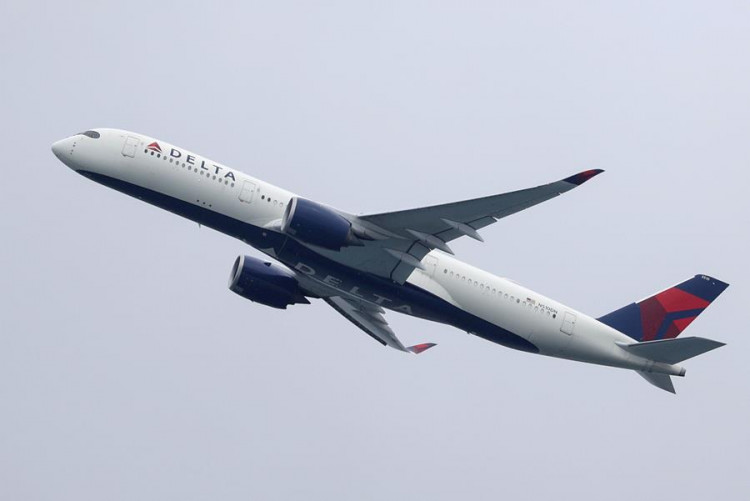Delta Air Lines faced a turbulent third quarter as technical disruptions caused by a faulty software update from CrowdStrike led to significant financial setbacks. Despite these challenges, the airline reported a profitable quarter, though it narrowly missed analyst expectations for both revenue and earnings. CEO Ed Bastian highlighted the resilience of the company's operations while outlining a promising outlook for the holiday season.
Delta's third-quarter results revealed adjusted net income of $971 million, slightly below the $981 million anticipated by analysts. The airline's revenue also fell short, reaching $14.59 billion compared to the expected $14.68 billion. Adjusted earnings per share stood at $1.50, just missing the forecast of $1.52. The revenue shortfall and earnings miss were largely attributed to the disruptions caused by CrowdStrike's software malfunction, which led to a five-day operational setback, costing Delta approximately $380 million in lost revenue.
"We had 86 great days, and we had five days that were impacted, caused by CrowdStrike," Bastian told Yahoo Finance. He emphasized that the disruption was not due to Delta's own business practices but was instead "something that was done to us." The technical issue not only affected Delta but also other sectors like healthcare and banking, underscoring the widespread impact of the faulty software update.
Delta's challenges were compounded by Hurricane Helene, which further disrupted operations and contributed to flight cancellations towards the end of the quarter. In total, Delta had to cancel around 7,000 flights due to the software issues and weather-related complications, which significantly extended the recovery period compared to its competitors.
Despite these setbacks, Bastian praised the Delta team's response to the crisis. "The great thing about our people is they responded in a heroic fashion," he said. "The five days were really, really tough on our people as well as our customers. But in the weeks immediately following CrowdStrike, our company was back on top as the No. 1 position in terms of industry reliability."
The financial toll from the disruptions included not only the $380 million in lost revenue but also an additional $170 million in increased costs related to customer compensation and staffing adjustments. However, Delta did manage to offset some of these costs with a $50 million saving in fuel expenses due to the grounded flights during the outage.
Looking ahead, Delta offered a fourth-quarter earnings per share guidance of $1.60 to $1.85, aligning closely with analyst expectations of $1.78. Bastian expressed optimism for the upcoming quarter, noting strong demand for holiday travel. "I think it's going to be a strong fourth quarter," he said. "The demand looks quite healthy. Should be, one of, if not the best fourth quarters in our history."
Delta's outlook for the holiday season appears robust, with early bookings for Thanksgiving and Christmas showing significant strength. However, Bastian acknowledged a potential dip in travel around the U.S. election period in early November. "We can see it in our booking data," he noted. "October is doing well. We can see the discrete period a week or two before the election, a week or two after the election as being a little bit of a pause."
The airline's slight revenue dip was also influenced by industry-wide factors, such as a 3% decrease in average fares per mile. However, Delta offset this with a 3% increase in miles flown by passengers, indicating a swift recovery in travel demand after the technical issues were resolved.





